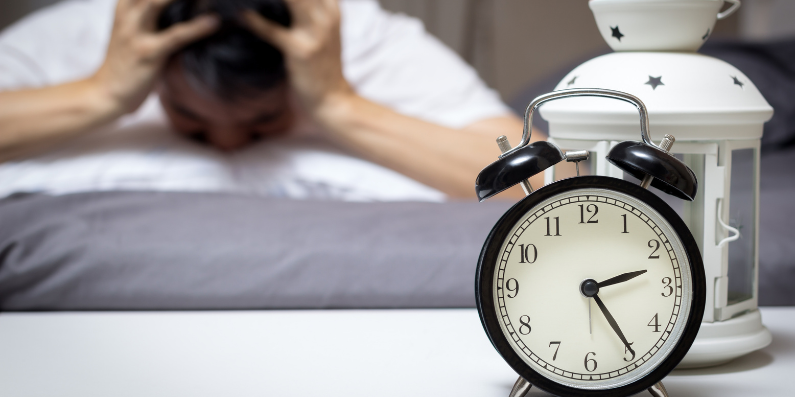Insomnia & Sleep Disorder Treatment
Insomnia & Sleep Disorder Treatment

Treatment Range Hospital in Hyderabad offers specialized care for insomnia and sleep disorders, helping patients overcome difficulties with falling or staying asleep. Our experienced neurologists and sleep specialists use a combination of therapies including sleep hygiene counseling, melatonin supplements, and short-term sedatives when necessary. As one of the leading hospitals for sleep disorder treatment in Hyderabad, we focus on identifying and addressing the root cause of sleep disturbances.
Our comprehensive sleep care includes evaluation for underlying issues such as anxiety, stress, or neurological conditions that may contribute to insomnia. Personalized treatment plans combine medication with behavioral therapies and lifestyle modifications to promote healthier sleep patterns. For complex sleep disorders, advanced diagnostic tools like sleep studies (polysomnography) are also available.
If you are searching for insomnia treatment in Hyderabad, Treatment Range Hospital provides modern facilities, expert care, and a holistic approach to help patients regain restful, rejuvenating sleep and improve their overall quality of life.
- Your 6 - Phase health Process
Your Complete Insomnia & Sleep Disorder Treatment Journey
🩺Phase 1: Symptoms Identification
- Common signs to watch for:Difficulty falling asleep (sleep onset insomnia)
- Waking up frequently during the night (sleep maintenance insomnia)
- Early morning awakening
- Daytime fatigue, irritability, or poor concentration
- Associated anxiety, stress, or mood swings
🔬Phase 2: OPD Consultation & Assessment
- Comprehensive sleep history: duration, patterns, triggers
- Evaluation for underlying conditions (anxiety, depression, neurological disorders, sleep apnea)
- Sleep diary or Epworth Sleepiness Scale to assess severity
🧬 Phase 3: Causes & Risk Factors
- Common causes:Stress, anxiety, depression
- Poor sleep hygiene (screen use, irregular schedules)
- Medical issues: chronic pain, thyroid disorders, neurological conditions
- Caffeine, alcohol, nicotine intake
- Increased risk in shift workers, elderly, and those with irregular routines
🔍 Phase 4: Diagnosis & Investigations
- Polysomnography (sleep study) for suspected sleep apnea or restless leg syndrome
- Actigraphy to monitor sleep-wake cycles
- Blood tests (thyroid, vitamin B12, iron levels) if indicated
💊 Phase 5: Treatment Plan
- Non-Pharmacological (First-Line):Maintain consistent sleep/wake times
- Avoid screens 1 hour before bedtime
- Relaxation techniques: meditation, deep breathing
- Medications (Short-Term):Melatonin for circadian rhythm disorders
- Sedatives/hypnotics (e.g., Zolpidem) for severe insomnia (short duration only)
- Treat underlying anxiety or depression contributing to insomnia
💪Phase 6: Recovery & Long-term Management
- Encourage regular physical activity (not near bedtime)
- Balanced diet; avoid heavy meals and stimulants late evening
- Gradual tapering of sedatives to avoid dependence
- Educate on lifestyle adjustments to sustain healthy sleep patterns
Insurance Support










- Why Choose Us
Why patients trust us with their care
- Patient Testimonials
Patient stories of care and recovery










- Frequently Asked Questions
Helping you understand Our healthcare
If you have trouble falling asleep, staying asleep, or wake up too early at least 3 nights/week for 3+ weeks, you may have insomnia.
They can be helpful for short-term use under a doctor’s supervision but are not recommended long-term due to dependence risk.
Yes, melatonin is useful for circadian rhythm-related sleep issues (e.g., jet lag, shift work). It’s generally safe when taken as directed.
Yes. Blue light from screens suppresses melatonin and disrupts your natural sleep cycle. Try to avoid screens for 30–60 minutes before bedtime.
Seek medical help if poor sleep persists for more than 3 weeks or causes daytime fatigue, mood changes, or difficulty functioning.